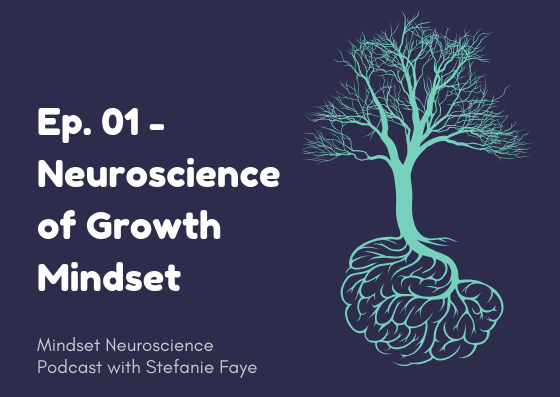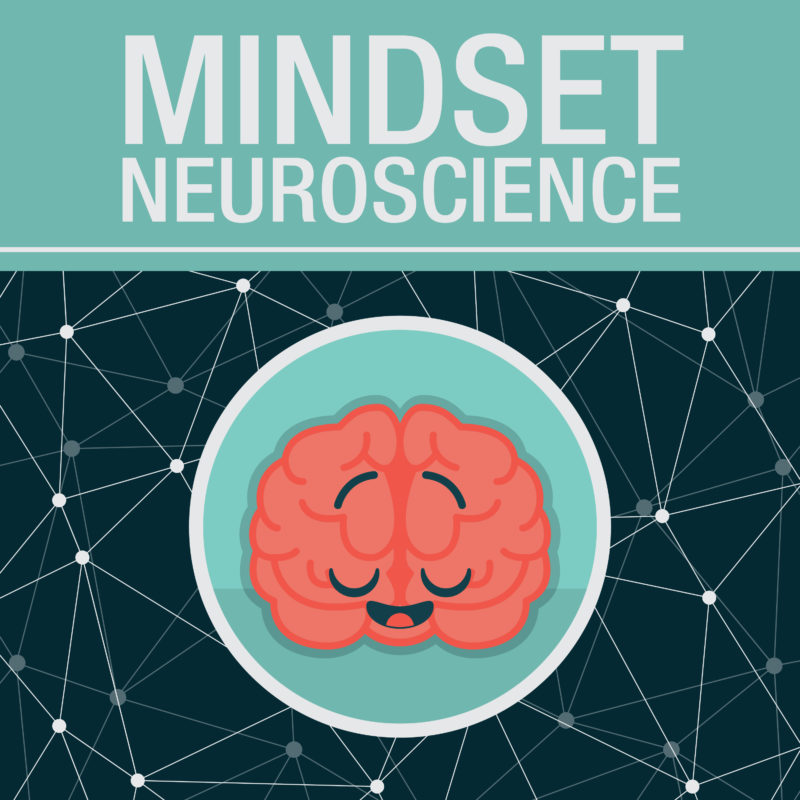
Old, outdated science said that the human brain basically stopped developing in childhood and there wasn't much we could do to change it. What we got was what we got. But we now know that that is not true. The brain is constantly evolving and growing.
As the Harvard Center for the Developing Child (HCDC) puts it,
"experience builds brain architecture".
Yes, genes lay a blueprint - but there is only a limited amount of information encoded in the genes.
And we especially know that the human brain, and very particular parts of the brain such as the prefrontal cortex (pfc) is very dependent on experience. The pfc is associated with what is called executive functioning; impulse control, thinking of future consequences, weighing of pros and cons, moral reasoning. Those are skills are housed in the pfc.
But here's the thing... we are not born with those prefrontal-related skills. Here's another quote from HCDC:
"Humans are not born with executive functioning skills. We are born with the potential to develop them. If children do not get what they need from their relationships with adults and the conditions in their environments—or (worse) if those influences are sources of toxic stress—their skill development can be seriously delayed or impaired. Adverse environments resulting from neglect, abuse, and/or violence may expose children to toxic stress, which disrupts brain architecture and impairs the development of executive function.."
- Harvard Center for the Developing Child.
Back to Front Development
Another clue as to how much our experiences help us build brain architecture is the way the human brain develops in waves from the back to the front. In early life, areas related to motor coordination, balance, and then later, language become the first to be coordinated and developed via myelination. Only towards the age of 25-30, do we see significant thinning of grey matter (indicating myelination) of the frontal areas of the brain that help coordinate executive functioning skills.
If something only develops around the age 25, this already tells us that whatever this is (in this case executive functioning and the associated coordination of the prefrontal cortex) is not dependent exclusively on genes. And if this same feature can be severely impaired by something like neglect or abuse, it tells us even more clearly that the prefrontal cortex is very very experience-dependent.
MIT physicist Max Tegmark talks about this in his book Life 3.0. Like all organisms, we have some information in our genes. But unlike other species, we don't need to wait for a mutation in a gene to figure out how to adapt to our surroundings. We have been equipped with the ability to learn in 'real time'.
This is because we 'update' our adaptations and skills through learning.
Learning is like a software program that can be updated into the brain and is not exclusively dependent on hardware.
Everything we go through in life - the data, the stimulus, the environment, the conditions- that is all software that we are passing on to each other so that we don't need to rely on our genes to adapt.
Much of that software gets passed on from generation to generation through what Harvard calls 'serve and return relationships'. All of us are serving stuff out and we are waiting for what gets returned. And that serve and return dynamic plays a massive part in building our brain.
The cool part about that is that software can be updated much more quickly than the hardware (genes).
And we can choose the type of software that we download to the next generation and to the people that we encounter.
The ‘womb’ is also an environment
It may seem that there are certain things that someone is 'born with'. While of course genes still play a major role and lay the foundation for who we become, we also need to remember that the womb is also an environment and is incredibly important for building our brain. The stress levels, hormones and different conditions that occur in the womb (including infections and viruses) - also dramatically affect brain architecture.
All this to say that we are more nurture dependent than any other species. Genes are not the only destiny we have.
Find out more about all these topics and much more in Episode 1 of the Mindset Neuroscience Podcast.

